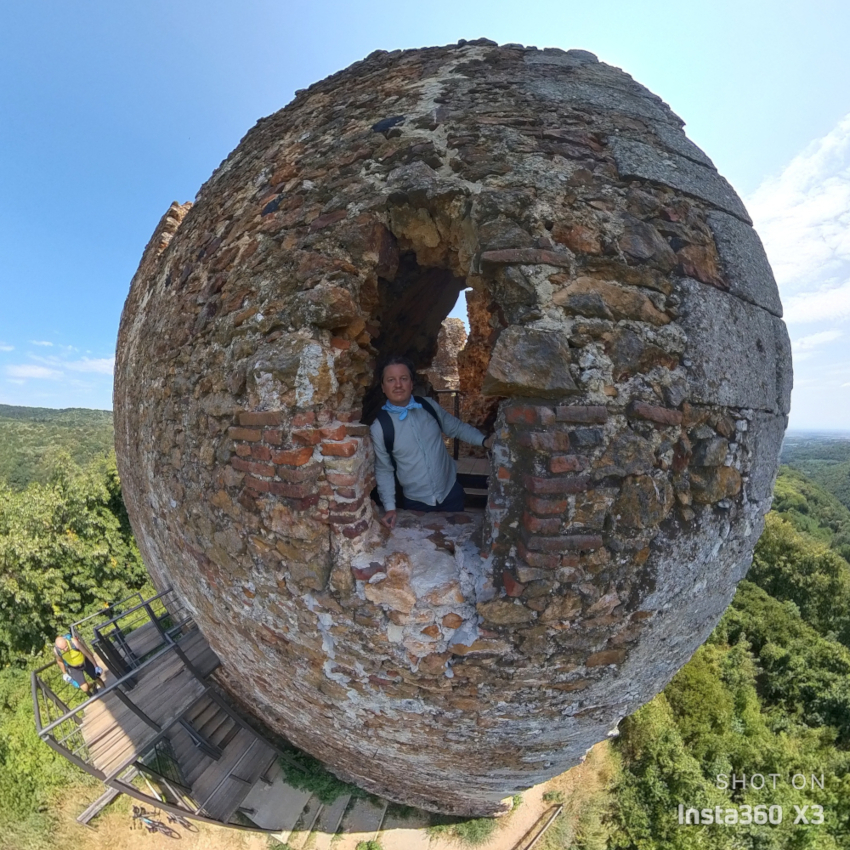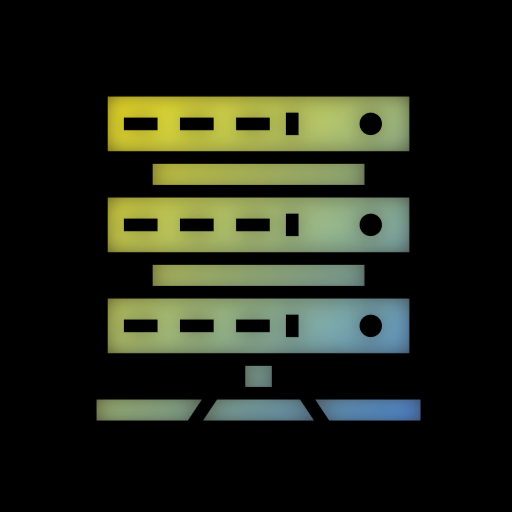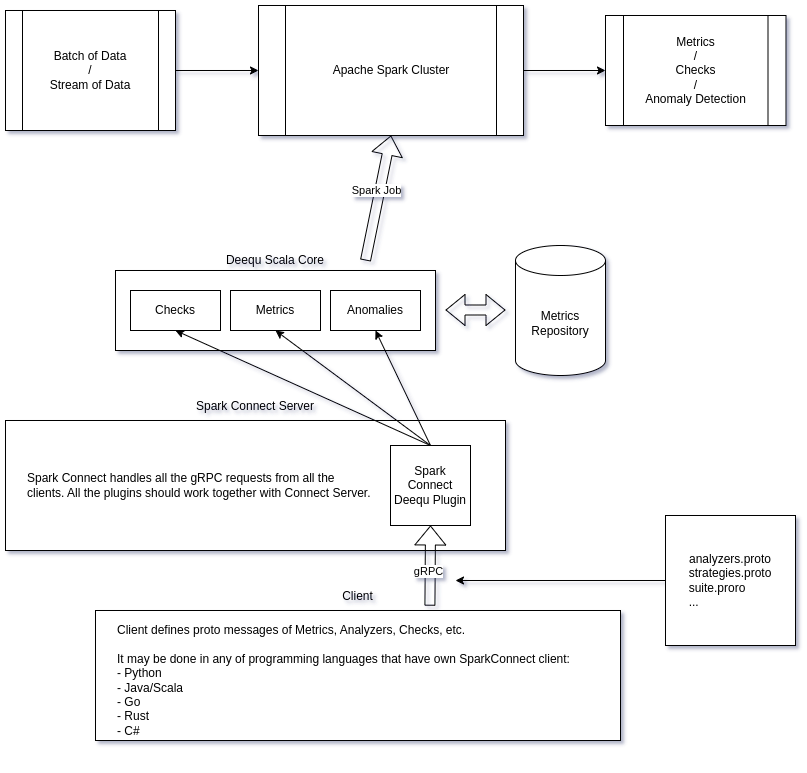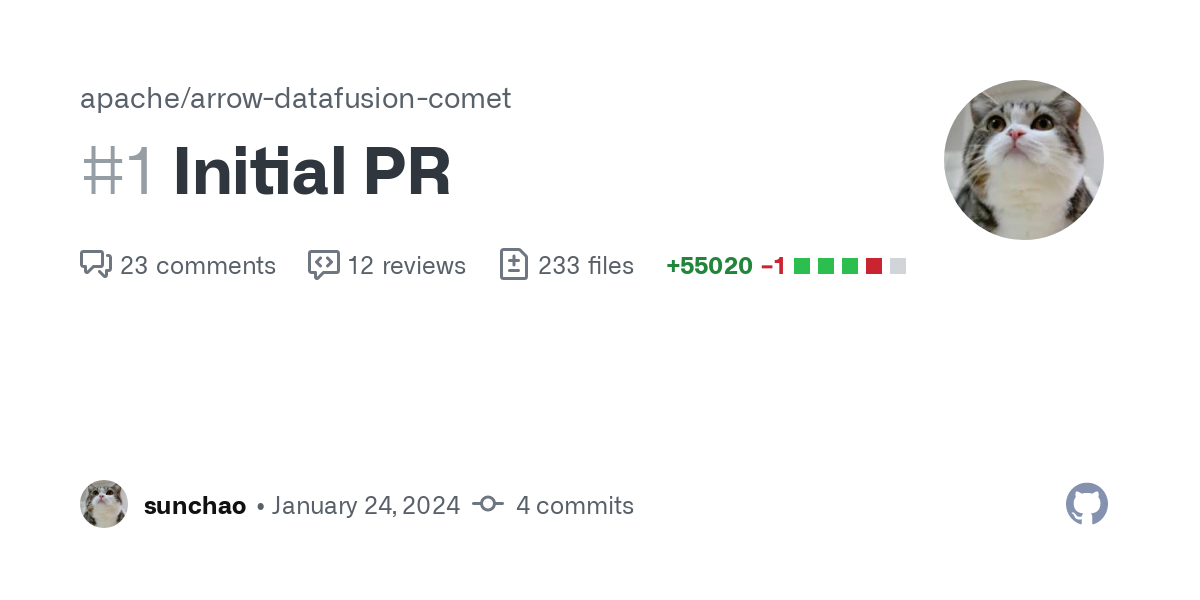

According to the Movember Foundation, a leading men’s health organization and partner of UN Women, two-thirds of young men regularly engage with masculinity influencers online.
While some content offers genuine support, much of it promotes extreme language and sexist ideology, reinforcing the idea that men are victims of feminism and modern social change.
So, 2/3 of young men are risking to become incels, right? Because it is hard to imagine a young girl who is looking for a partner with hyperfocus on his own masculinity as well as a partner, who portraits himself as victim? That is sad…












Fedora Silverblue – a very good balance of immutable distro and user friendliness. Stability and reliability of being immutable without low-level hacking like in Nix / Guix.